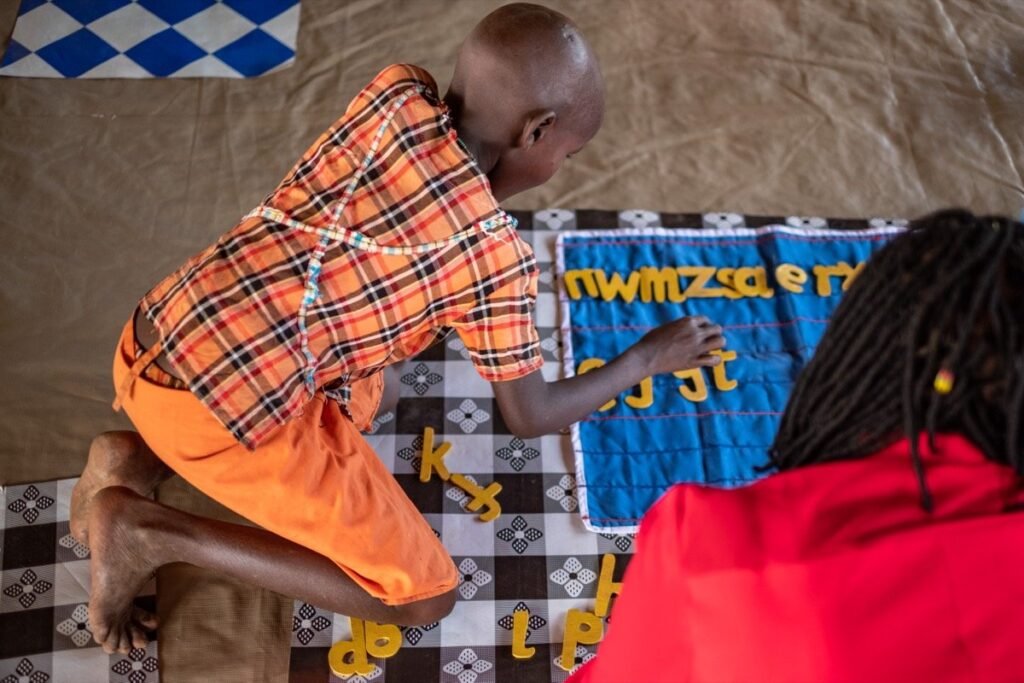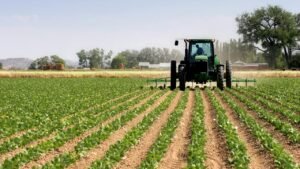By Rogers Aghan, April 4, 2023, ASAL regions in Africa have continued to face massive challenges with nomadic education failing to receive enough reinforcement from governments.
According to Rosemary Kyallo, a survivor of the 2015 terrorist attacks that engulfed Garissa University College and who now works as a sustainable Development Indication officer at the National Council for Nomadic Education in Kenya (NACONEK), security concerns are among the concerns that affect education in ASAL regions.
These regions constitute up to 29 of the total number of counties in the country.
NACONEK’s role has remained significant to these regions with the formulation of policies and guidelines which help counteract the factors impeding education.
While security may only affect some of these areas, education has extensively been affected over the past years.
“We could say that the remoteness of many pastoralist groups, a Lack of adequate infrastructure, and sheer lack of an inclusive education policy that considers the indigenous people’s culture hinders education in these zones.” Ali Hassan, a resident of Mandera County stated.
“It is key to note that nomadic education contributes to the knowledge of how to better use available scarce resources to ensure food security in these areas.”
“The fast-paced climatic changes that occur globally have also left a grave impact on the need to invest in education.” He insists.
Mr. Harun Yussuf, CEO of NANOCEK states further that children living in poverty are at risk of further marginalization.
According to Harun, it is critical that nomadic education is incorporated into the agricultural aspects of food security because it could be a long-term solution to the latter.







